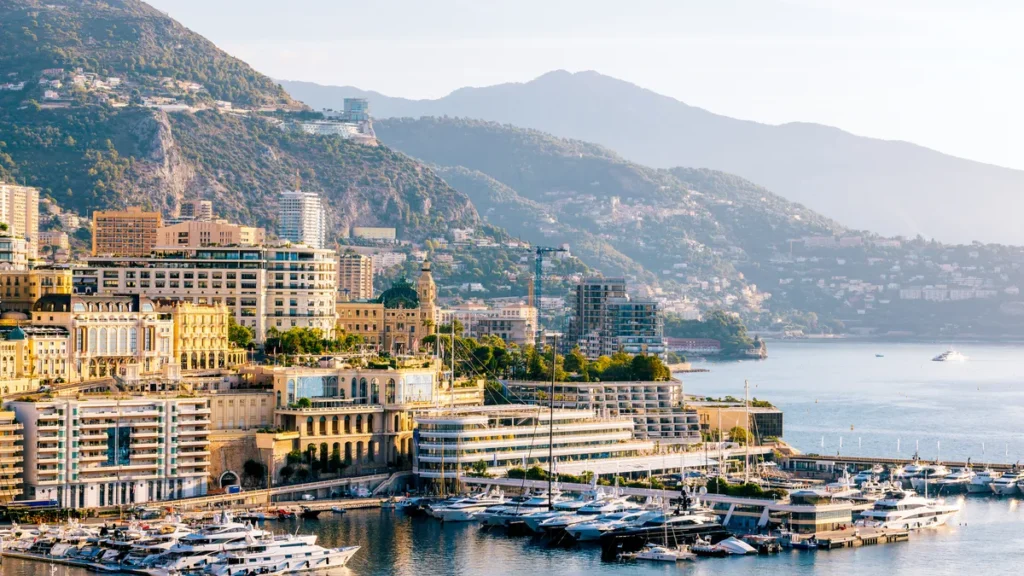Monaco, renowned for its opulence and affluence, is currently facing heightened scrutiny from international financial regulators that may result in its addition to the Financial Action Task Force’s (FATF) “gray list.” This potential designation carries significant implications for Monaco’s economy and its esteemed global reputation as a financial and luxury hub.
The FATF, a prominent global watchdog, plays a pivotal role in setting standards and promoting effective measures to combat financial crimes such as money laundering, terrorist financing, and other illicit activities. Countries failing to meet these rigorous standards risk being placed on the FATF’s gray list, signaling deficiencies in their financial crime prevention frameworks. For Monaco, a principality renowned for its concentration of millionaires, billionaires, luxurious real estate, and prestigious casinos, such scrutiny is particularly critical. Its attractive financial services sector, particularly its banking system, makes it vulnerable to illicit financial activities seeking to launder money or conceal illicit gains.
The scrutiny facing Monaco intensified following the release of Moneyval’s report in January 2023, which highlighted significant shortcomings in Monaco’s efforts to combat money laundering. While acknowledging Monaco’s progress in identifying and acknowledging financial crime threats, the report underscored gaps in investigative capabilities, the prosecution of money laundering cases, and supervisory systems. It also noted that many instances of money laundering originate abroad, with illicit proceeds funneled into Monaco from neighboring countries, such as France and Italy.
Economically, inclusion on the FATF gray list could have profound repercussions for Monaco. It may deter international investors and financial institutions from conducting business within its borders, potentially leading to reduced foreign investment and economic activity. A notable precedent is the United Arab Emirates (UAE), which undertook significant reforms after being placed on the FATF gray list in 2022, subsequently leading to its removal from the list in 2023.
To mitigate the risk of being added to the FATF gray list, Monaco must demonstrate substantial progress in several key areas. First and foremost, it needs to enhance its capabilities to investigate and prosecute money laundering cases effectively. This involves not only identifying financial crime activities but also ensuring that perpetrators are brought to justice swiftly and effectively. Secondly, Monaco must establish robust mechanisms for confiscating and recovering proceeds of crime, including enhancing international cooperation to trace and seize assets held abroad. Thirdly, strengthening its regulatory frameworks and ensuring strict compliance with anti-money laundering regulations are crucial steps to bolstering its financial crime prevention efforts. Lastly, improving information sharing and cooperation with international partners will enhance Monaco’s ability to combat cross-border financial crimes effectively.
Given the global nature of financial crimes, Monaco’s collaboration with international bodies such as the FATF and Moneyval is paramount. By aligning its regulatory framework with global standards and intensifying its efforts to address identified deficiencies, Monaco can fortify its financial system against money laundering and safeguard its economic interests. This proactive approach not only helps protect Monaco’s reputation as a global center for wealth and luxury but also underscores its commitment to maintaining integrity and transparency in its financial operations.
